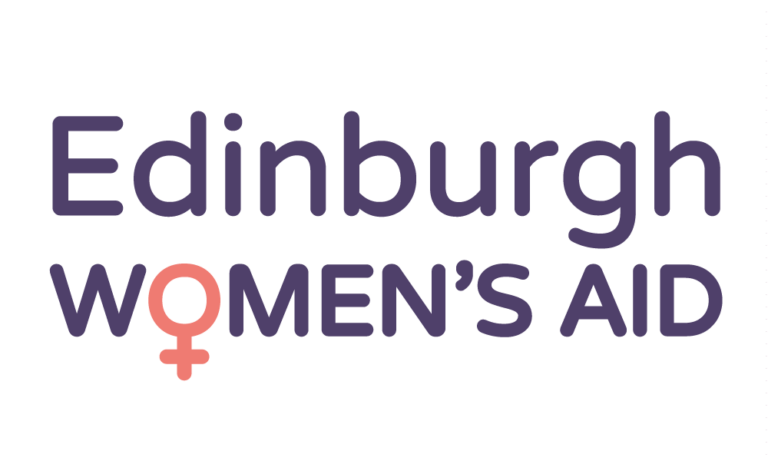Edinburgh Women’s Aid (EWA) plays a vital role in safeguarding women at the highest risk of serious harm or murder through our coordination of Edinburgh’s Multi-Agency Risk Assessment Conference (MARAC).
MARAC Coordination
Our senior staff actively represent EWA at the four-weekly MARAC meetings, where cases involving women at severe risk from their partner or ex-partner are reviewed. During these meetings, key representatives from local police, health services, child protection, housing, probation, and other statutory and voluntary sectors share crucial information. Together, they develop and implement a comprehensive action plan aimed at reducing the risk to the victim and any children affected.
The MARAC Process
EWA carry out a Risk Indicator Checklist (RIC) during the safety planning process, to identify risks and ensure your safety plan is relevant to your needs. The RIC was developed using evidence from cases of domestic abuse in England and Wales, which highlighted patterns of behaviour that could indicate a heightened risk of being seriously harmed or murdered by a perpetrator. If we are worried about you being seriously harmed or murdered, we will work with you to reduce your risk. We will acknowledge everything that you have done, and are doing, to keep yourself safe. However, if your risk is high we may refer you to MARAC.
The primary focus of the MARAC is to safeguard you. After sharing all relevant information, we discuss options for increasing your safety and turn these into a coordinated action plan. At the heart of a MARAC is the working assumption that no single agency or individual can see the complete picture, but all may have insights that are crucial to your safety.
You do not attend the meeting but if you are referred by us you will be represented by our high-risk senior support worker who will advocate for you and ensure that your views are communicated. We will feedback the actions that were agreed at the meeting to you as soon as we can, and will continue to provide you with support after the MARAC.
The typical actions that might be agreed at a MARAC include:
- All agencies: Identifying high risk victims to provide an enhanced and responsive service in the event of an incident.
- Police: Taking further action against the perpetrator if required; target hardening; providing panic alarms.
- Health: Heightened awareness by health professionals around injuries sustained; ensuring that the victim is separated from the perpetrator upon presentation so that they can be attended to by health professionals in private.
- Children and Young People’s (CYP) Services: Providing additional support to the family; making referrals to children and adolescent services.
- Housing: Assisting with finding alternative accommodation; supporting applications for housing benefit and homelessness; implementing safety devices on the home property.
- Education: Sharing information with appropriate staff to support children effectively; monitoring school performance and behavioural issues.
- Probation: Using information from MARAC for pre-sentence report writing.
- Drug and Alcohol team: Fast tracking access to specialist services and support.
Reference: Safelives UK
